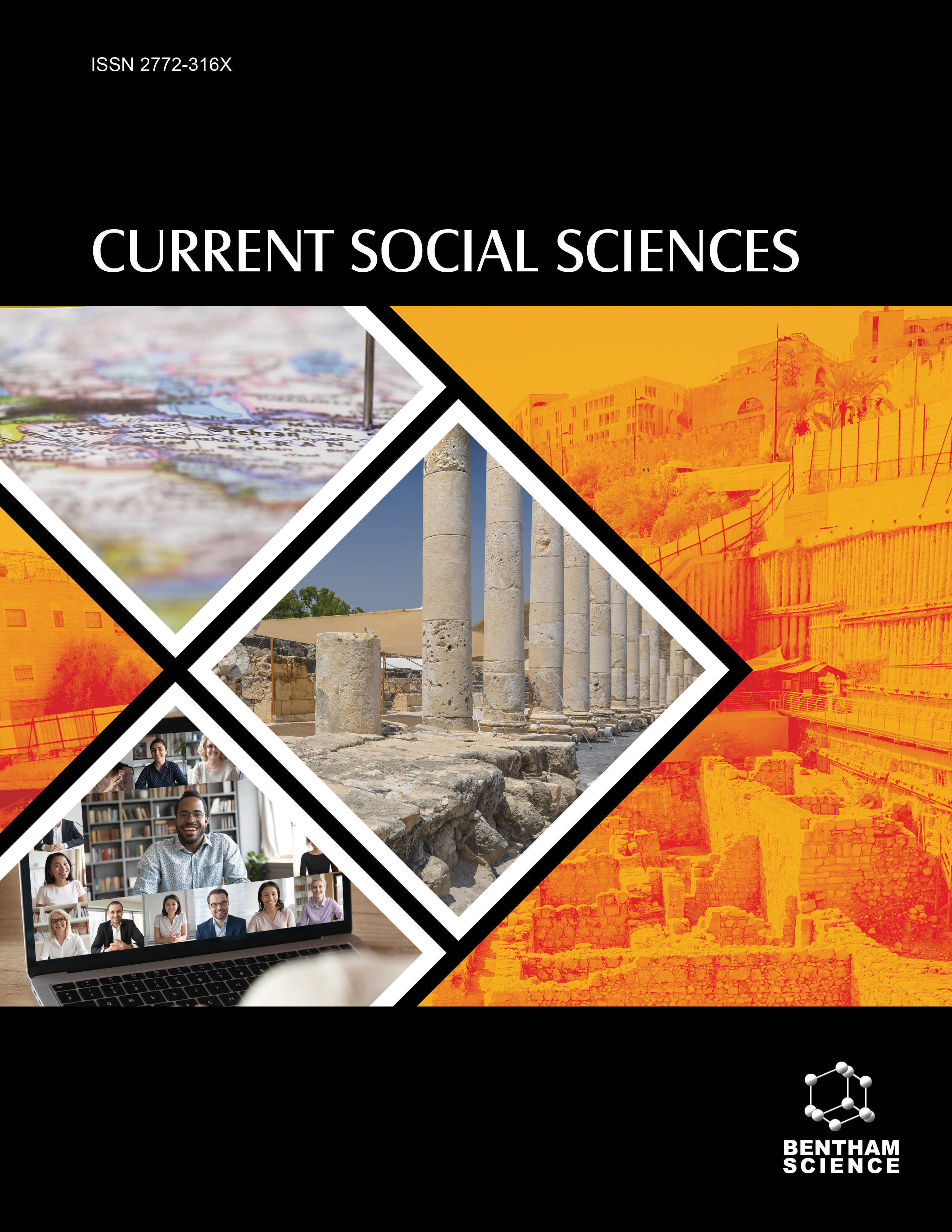
Full text loading...
The digital environment possesses a strong influence on the learning environment and enhances the development and refinement of both teachers' and learners’ pre-existing skills. Essentially, teaching and learning with ICT encourages learner-centered approach which is associated with more learner involvement and active learning.
The qualitative interpretive approach was used. A multi-case study design was used. Purposeful sampling and random sampling techniques were used to select the participants. Data were collected using in-depth semi-structured interviews with fifteen teachers.
The findings revealed that teachers lacked ICT skills. Also, the lack of ICT infrastructure and internet access made it difficult for teachers to help learners use ICT and inhibited active learning. Thus, training could enable teachers to acquire ICT skills to improve the teaching-learning process.
Therefore, making ICT an integral component of the rural primary school education system is a serious issue for policy-making and planning to enhance learner participation, collaboration, and communication processes during the teaching-learning process. Furthermore, mechanisms, such as ICT training, provision of laptops, and improved internet access could provide opportunities for learners to utilize technology during the teaching-learning process in rural primary schooling.

Article metrics loading...

Full text loading...
References


